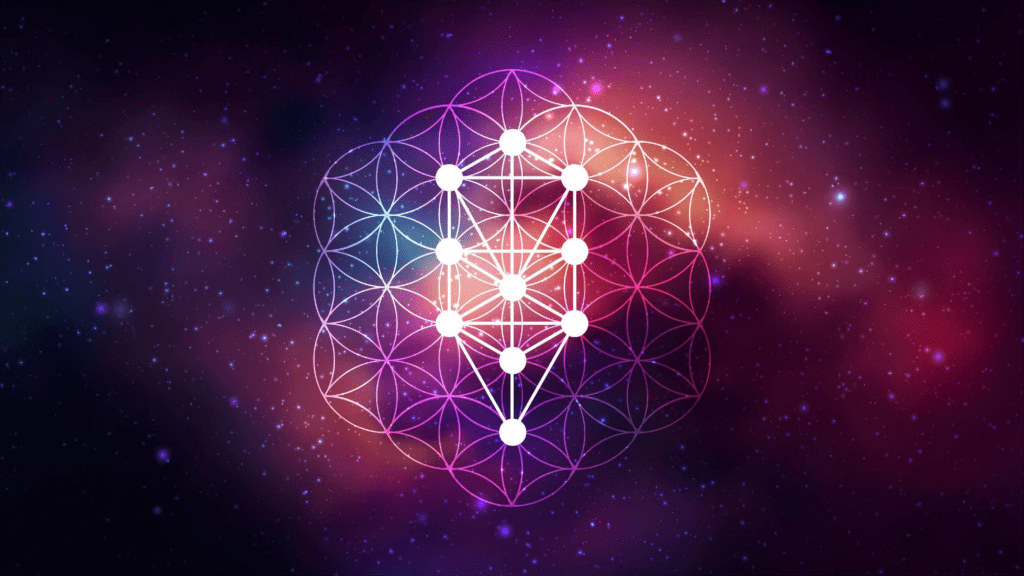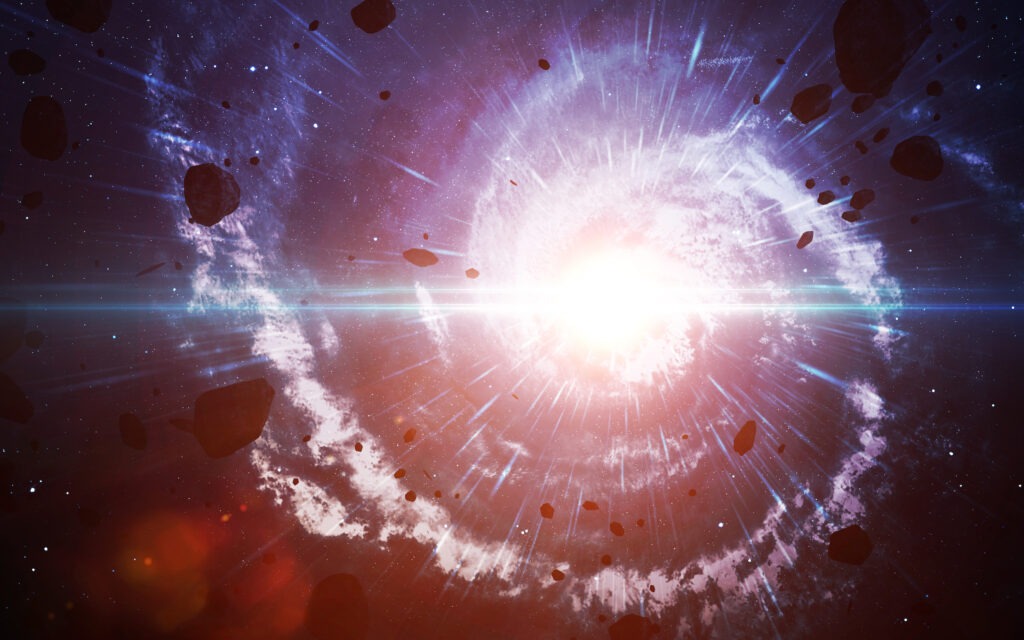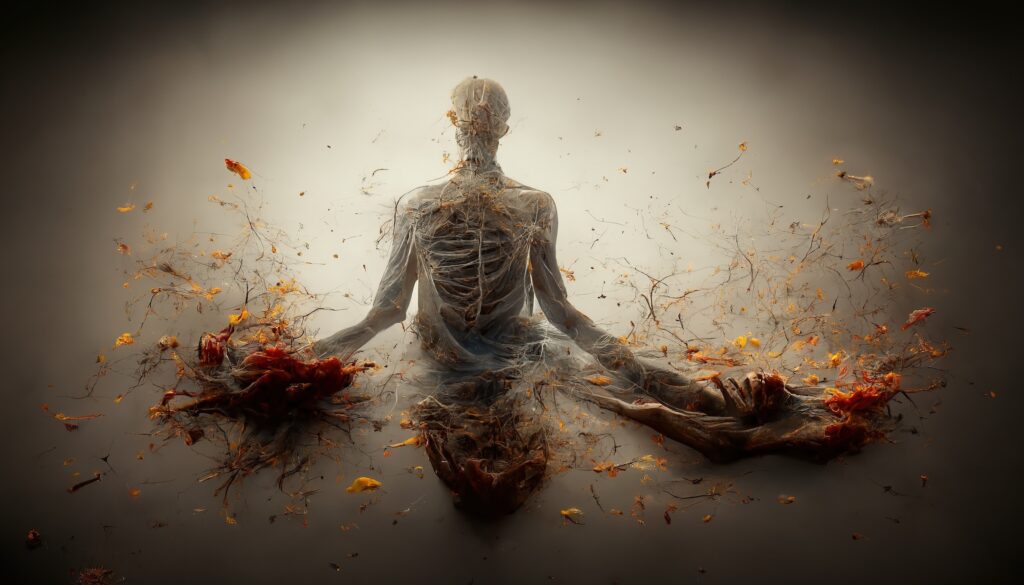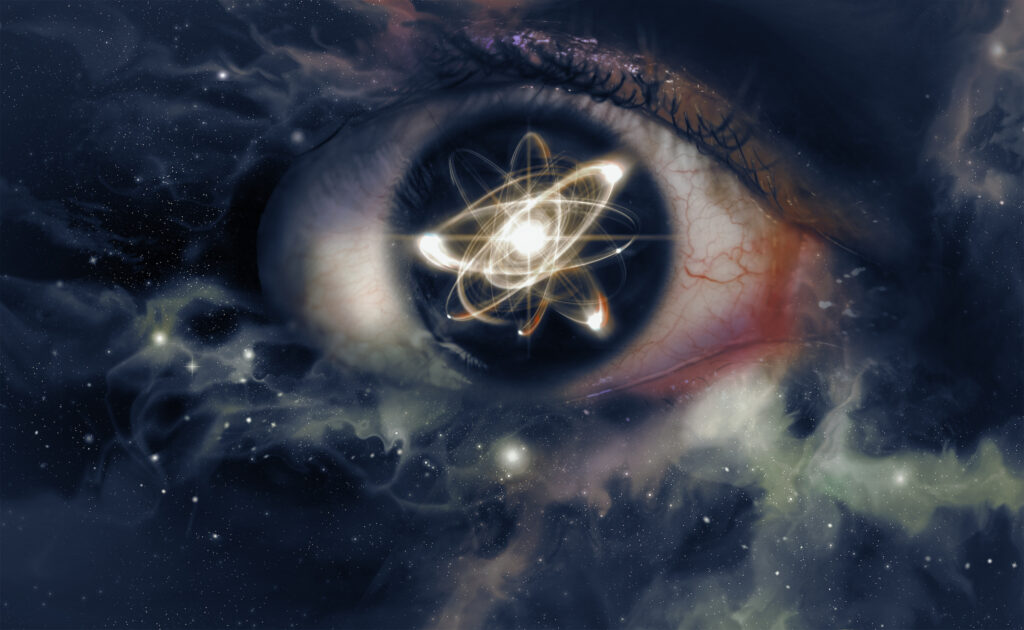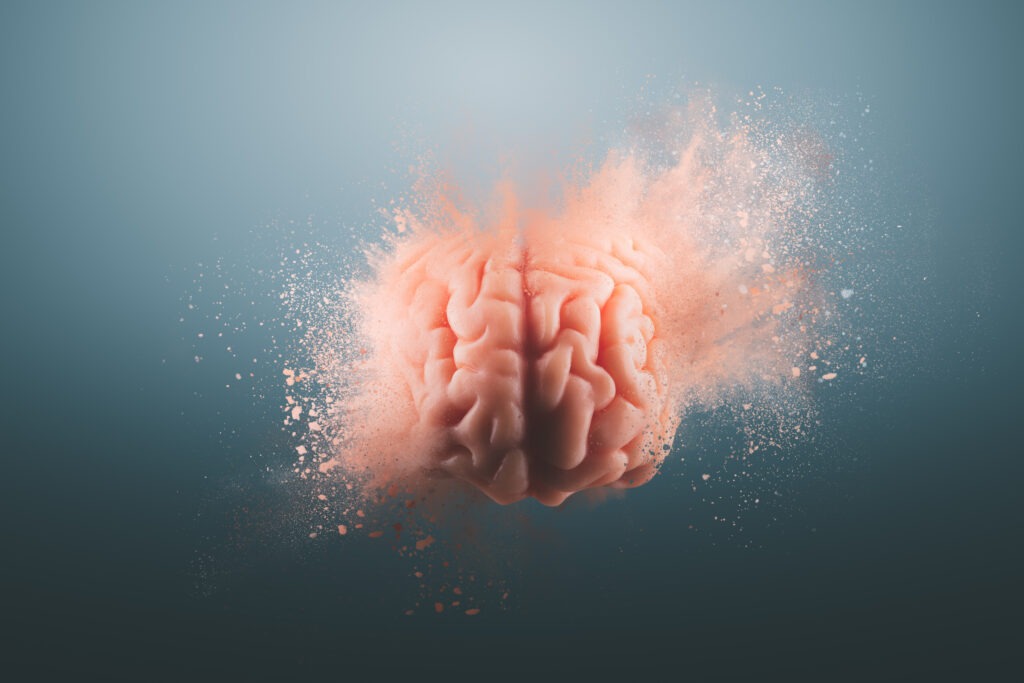|
What if the humanities would open their horizon to more metaphysical possibilities? Prof. Kripal has written a book about a future in which the humanities study the full human. In these superhumanities, the weird, the psi—in short, the impossible—is taken seriously metaphysically: anomalous phenomena are not only regarded as subjective truths, but also as objective claims about reality.
|
Idealism is often regarded as a philosophy entailing that the world exists just in our heads, which is obviously false. Rising philosophical star Dr. Jeremy Dunham argues that this view of idealism is a misconception. Idealism is a much more realist worldview than we think, and more realist than its alternatives, as it does not deny the existence of the most real things there are: thoughts.
|
In this short and direct essay, A. A. Adedire argues a key philosophical point: those who object to idealism based on the assumption that the order and regularity of nature is incompatible with mind are mistaking mind for the personal self. The latter, he points out, is merely a narrative created by mind, which mind then wrongly identifies itself with. What truly defines mind—the only constant behind all experience—is the very awareness of experience. The constancy of this awareness, Adedire argues, is entirely consistent with the orderly nature of the world, as well as its continuity, and can therefore constitute the very foundation of the world.
|
In this interview, Natalia Vorontsova discusses consciousness and science from the perspective of Kabbalistic Panpsychism with Prof. Dr. Hyman Schipper. The parallels between quantum physics and the ancient Kabbalah are astonishing. Having studied the Kabbalah for many years, Dr Schipper also explains how this knowledge is applicable to many areas of thought and how it has impacted his life. It’s a frank and heart-warming conversation.
|
Philosophers since Descartes have questioned whether our experience reflects a reality outside of our minds. In this essay, Prof. Franks argues that the basic insight of Kant’s approach—perspectivism—harmonizes better with our ordinary experience of the world, and with Einstein’s relativistic physics, than Berkeley’s immaterialist view.
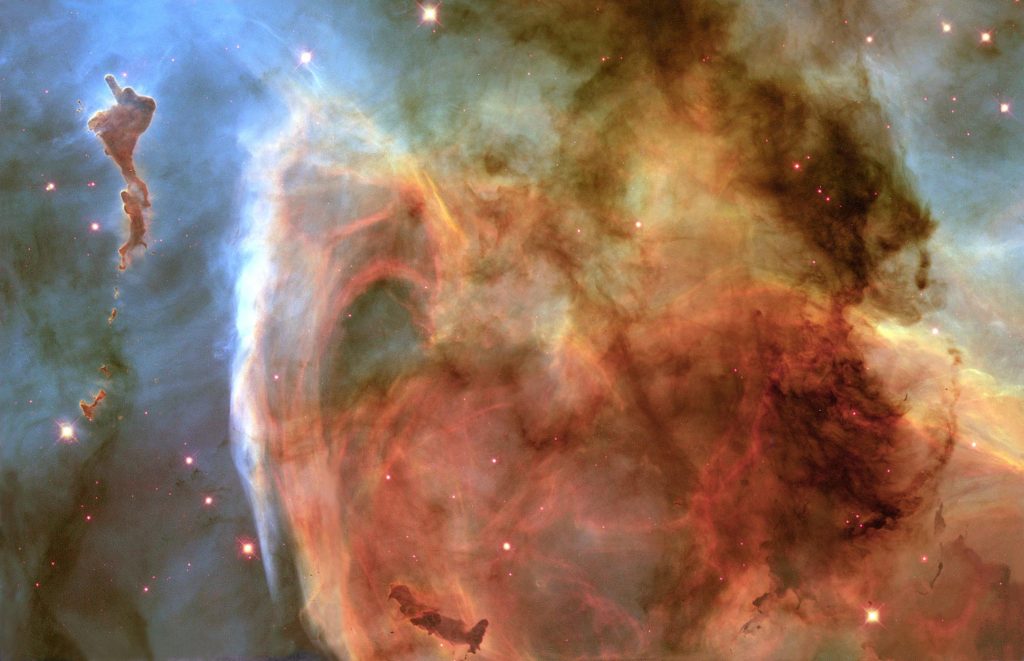
Do we really live in a fundamentally physical universe? Are we essentially material beings? Essentia Foundation is a new force in the cultural dialogue about the nature of reality. Find out more about us.
|
Taking a clue from Christian theologian and philosopher Origen of Alexandria, Androu Arsanious argues that the biblical Fall is the story of humanity’s mistaking of the Kantian phenomena (the world as represented in perception) for the Kantian noumena (the world as it is in itself); that is, the story of our mistaking appearances for reality. Understanding this allows us to complete the Augustinian project of reconciling the stories of religion, which describe what is beyond the world in terms of the world, with the stories of science, which describe the world in terms of what is beyond the world, such as mathematical abstractions. This is a fascinating essay.
|
This video contains all the presentations and debates originally broadcast live during Essentia Foundation’s 2023 work conference, on the topic of time and mind. Speakers include Prof. Bernard Carr, Prof. Lee Smolin, Prof. George Ellis, and Prof. Jonathan Schooler.
|
Dr. Sachs discusses the dynamics of our deepest, seemingly ‘unconscious’ mental processes, and shows remarkable correspondences between them and metabolic processes such as protein synthesis and folding. He suggests, along firm idealist lines, that our body’s metabolism is simply a metaphor, the extrinsic appearance of our inner, ‘unconscious’ mental processes. In other words, metabolism may be what the deepest layers of our own mind look like, when displayed on the screen of perception. This is an involved essay and not the easiest of reads, but it is well worth the effort.
|
Hegel is usually thought of as defending an obscure metaphysics that claims reality is the manifestation of a collective mind, or Geist. But, as Prof. Terry Pinkard argues, Hegel has a lot in common with the more ‘down-to-earth’ movement of pragmatism.
Would you like to submit an essay?
|
When the results of observations and experiments designed to investigate the possible continuance of consciousness after bodily death are interpreted according to standard scientific criteria, they strongly indicate the reality of the hypothesis. We fail to acknowledge it because of metaphysical biases ingrained in our culture and, in particular, academia, argues Dr. Quinn.
Seeing
Videos
|
We begin our coverage of Essentia Foundation’s 2023 work conference with host, Prof. Bernard Carr’s introduction to the conference. He highlights how fundamental mind is to physics, and then elaborates on the intimate relationship between mind and time, suggesting that only a better understanding of time will allow us to make sense of individual minds.
|
Parmenides’s cryptic claim that thought and being are the same has echoed throughout Western philosophy. Prof. Tom Rockmore argues that in making this claim, Parmenides set the foundations for the struggle between idealism and realism, and suggests that unlike many interpretations, Parmenidean idealism ultimately supports the view that we cannot know a mind-independent reality.
|
Our brains do not produce consciousness, they ‘filter’ it and consciousness is related to the higher dimensions in string theory. In this thought-provoking conversation, distinguished Professor of mathematics and astronomy Bernard Carr explains his theory of consciousness and psi-phenomena.
From the archives
|
Naturalism, the idea that there are no gods, is the leading theory of our time. However, in this instalment of our The Return of Idealism series, in partnership with the Institute of Art and Ideas (IAI), Bruce Gordon argues that quantum mechanics not only beckons the end of naturalism, but also points towards the existence of a transcendent mind. Essentia Foundation’s position is, nonetheless, that idealism is entirely compatible with naturalism.
|
Physical realists and idealists argue about whether physical objects exist, whether they have standalone reality, or are just part of a world of ideas. But can they, at root, help us solve some other important philosophical questions? In this instalment of our ‘The Return of Idealism’ series, in partnership with the Institute of Art and Ideas (IAI), Prof. David R. Cerbone argues that Wittgenstein can help us return to more practical questions. Wittgenstein’s position is, indeed, that the metaphysical debate between physical realists and idealists is of little practical significance. We at Essentia Foundation strongly disagree with this: we believe that different metaphysical views have profound significance for how we experience the meaning of life, our relationship with the world, expectations about death, and have direct bearing on even very practical considerations such as how to further develop medicine and exploit phenomena such as neuroplasticity and the placebo effect. Nonetheless, we believe Wittgentein’s thoughts are worth considering, if only to make clear the degree to which they miss the point. This essay was first published by the IAI on 29 February 2024.
|
Non-reductionism, the idea that mental states are not reducible to physical states, is the new orthodoxy in analytic philosophy of mind. However, in this instalment of our idealism series, in partnership with the Institute of Art and Ideas, Dr. Giuseppina D’Oro argues that analytic philosophy’s conception of psychology as a natural science is beholden to the dubious ideology of scientism, therefore not acknowledging the autonomy of the mental.
Let us build the future of our culture together
Essentia Foundation is a registered non-profit committed to making its content as accessible as possible and without advertisements. Therefore, we depend on contributions from people like you to continue to do our work. There are many ways to contribute.









